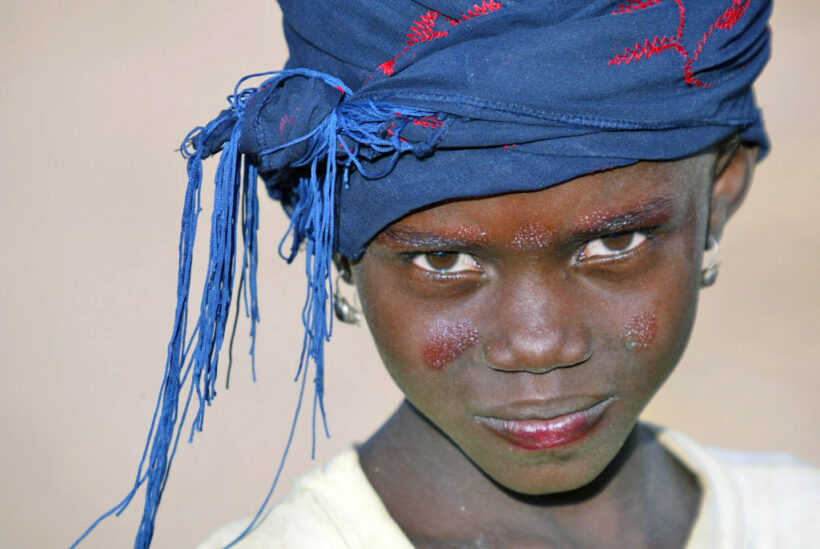Africa is back in the news and has become an area of high international tension. The memory of the Libyan war and the destruction of that country still lingers in the minds of its neighbours. The coup d’état in Niger carried out by General Abdourahmane Tchiani last July reminds us of the importance of the continent’s raw materials and the successive wars waged to control these resources.
If Morocco’s occupation of Western Sahara was carried out in order to appropriate phosphate and fisheries, the coup d’état in Niger challenges the control of uranium by the French multinational Areva. Niger is one of the world’s leading uranium exporters and one of the poorest countries in the world according to United Nations indices.
With regard to the social and economic situation in Niger, the lack of electricity, drinking water, education and health has conditioned the stability of a political system that should not be governed by coups d’état.
Africa’s great paradox is its wealth on the one hand and the chronic poverty of most of its countries on the other. This year many Africans have died at sea trying to reach Europe, fleeing war, drought and the deplorable living conditions they suffer.
In Niger there is uranium, in Libya there is oil, in Algeria natural gas, in Mauritania gold and iron, in the Republic of Congo coltan. Most of these minerals are exploited by foreign companies who take more than 80% of the profits. In the case of gold, cyanide is used for its extraction, causing great pollution for people, plants and animals.
This economic and social model imposed on Africa from its independence until today has only contributed to accelerate the causes of its poverty. Several famines have hit this continent in the 80’s and 90’s, forcing the intervention of international organisations to save human lives. If we want to contribute to Africa’s development and political stability, we must leave it to Africans themselves to find their own model of development that is viable with their needs.
Africans do not need to consume the amount of seafood and meat, slippers and cars that are available in rich countries. Africa needs to have minimum conditions that allow it to produce its own food and meet its basic needs for self-sufficiency.
Humanitarian aid or development aid is nothing more than assistance, it does not contribute to the development of the recipient country, it makes it dependent on the contribution of others. A clear example is the Sahrawi refugee camps in Algeria, the UN aid programmes there and the cuts they are suffering.
If we want to contribute to the development of this continent, we cannot exploit its resources and raw materials without generating benefits for its peoples. The case of the Imouraren uranium mine in Niger exploited by the French company Areva or the case of the Tasiast gold mine in Mauritania whose ore is extracted by the Canadian company Kinroos, are two similar cases of how in Africa the wealth of the subsoil has only contributed to greater poverty of the peoples of this continent.
The case of the Fos Bucraa mine in Western Sahara is even more shocking. This mine is operated by the Moroccan state mining company OCP Group, with the profits going entirely to the coffers of the Moroccan government, while the Sahrawi people live in exile, refuge and occupation.
In Africa, a battle is being fought for the survival of many peoples and nations. The old model of extracting raw materials, building infrastructures for their transport and leaving the country without roads, electricity and drinking water is no longer viable. It is up to society to invest the benefits generated by its wealth, and in this way, we can put an end to humanitarian aid policies.
Corruption is one of the scourges that have determined Africa’s fate. In the case of Mobutu Sese Seko, former dictator of Zaire, now the Democratic Republic of Congo, his fortune was 6 billion dollars, while the country’s foreign debt reached 13 billion dollars. He ruled from 1960 until 1997, when he was deposed from power and went into exile in Morocco until his death. His wealth could be equated to his country’s foreign debt.
If Mohamed Bazoum was deposed in a coup d’état in Niger and Ecowas, the Economic Community of West African States led by Nigeria, is looking for a solution to the current crisis. The future solution to the Niger conflict must respect sovereignty and avoid military intervention.
Africa does not need more wars after the destruction of Libya, wars have only brought more refugees and deaths. It is time to support the African peoples in their quest to find their own development that will allow them to have decent living conditions.
A new economic and political vision, with fairer international relations, can save Africa from emigration in boats and dinghies to Europe. Everything depends on the solution to the Niger crisis and other conflicts that plague the continent.






